
Damion Smy
Audi Concept C still on track for 2027 launch despite Porsche EV doubts
5 Minutes Ago
Energy giant AGL is running smart chargers in 200 homes to test charging scenarios, as power providers jostle for position in an electrified future.

Senior Contributor
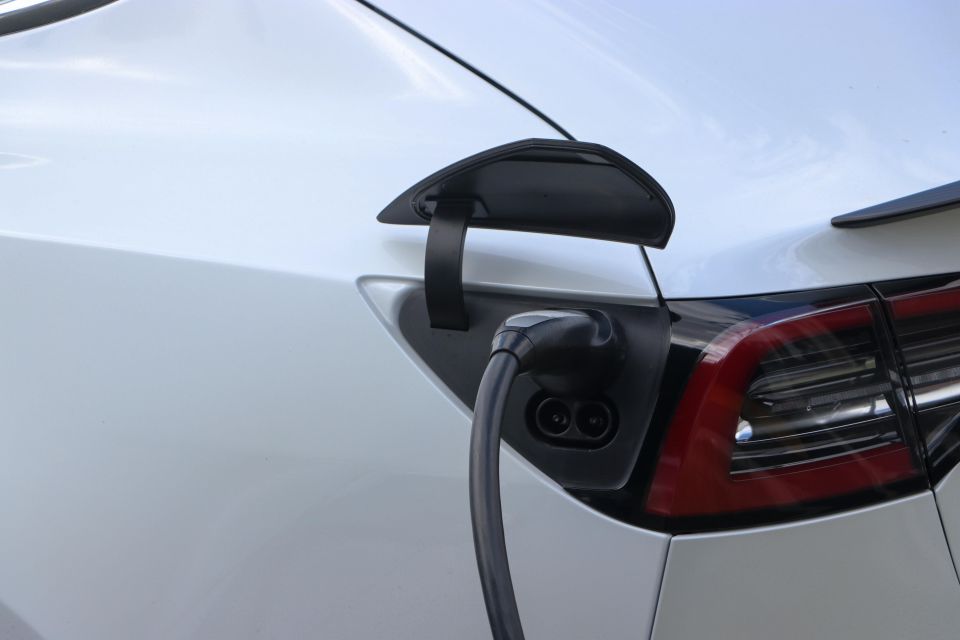

Senior Contributor
Energy company AGL has continued pushing into Australia’s nascent electric motoring market, through a pilot that’s installing 200 remotely controllable smart chargers in homes to better figure out the ways people charge, and how they’re impacting the grid when they do.
The $8 million project, run by AGL in conjunction with the government’s Australian Renewable Energy Agency (ARENA), includes participating households scattered across New South Wales, Victoria, Queensland, and South Australia.
The stated aim is to “accelerate the commercialisation of different charging technologies and to better understand how customers are using them at home”, and to learn “how customers can support grid stability through effectively managing their charging times”.
Electric vehicle (EV) take-up in Australia is far lower than in North America, Europe or China. It’s growing by triple-digits year-on-year, but is held back by tight supply and a lack of national CO2 targets that would force car brands to send more battery-powered cars here.
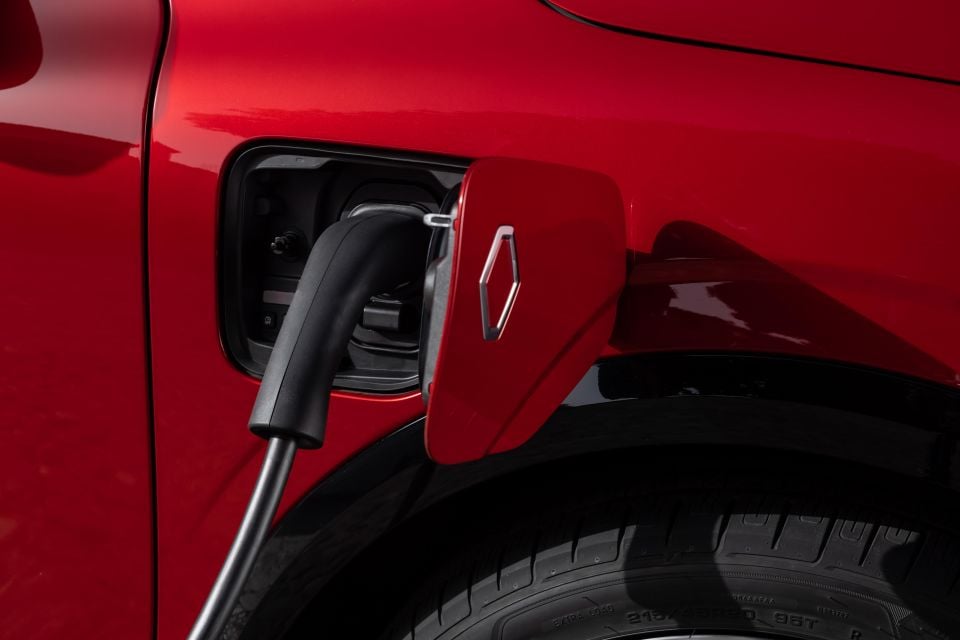
“Accelerating the uptake of EVs will be an integral technology pathway for decarbonising Australia’s economy but without careful management we risk overloading the grid at peak times,” contends AGL chief customer officer Christine Corbett.
“In the lead up to the trial, our customer research revealed customers were happy to have their charging controlled as long as they are able to override that control when they require their vehicle.
“During the course of the next few months, AGL will test a number of charging scenarios using internet based remote control of the smart charger and direct control of the EV. Over the next year, we will monitor the results and receive feedback from our customers.
“We really want to know what works and what doesn’t work for the customer… Projects like this will play a critical role in reducing costs and creating seamless charging operations for our customers.”
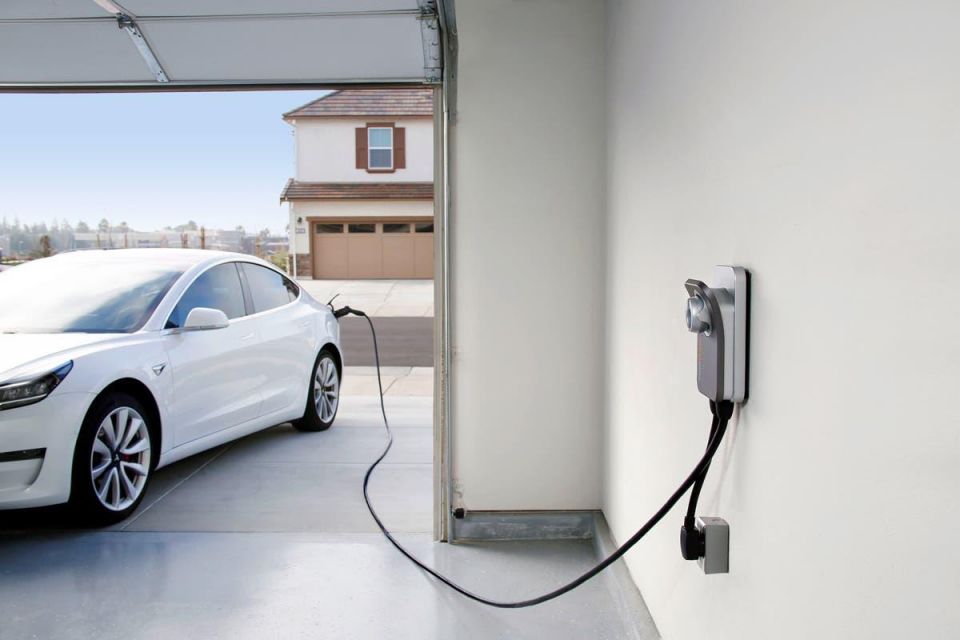
For its part, ARENA’s CEO Darren Miller said the project would lend insights as the body funds the rollout of EV infrastructure.
“Smart chargers will play a significant role as EV uptake increases across Australia,” Mr Miller said.
“The installation of 200 smart chargers across Australian homes is an important milestone for AGL’s project, which will be used to identify how we can best integrate EVs into the grid that benefits both the customer and the electricity system as a whole.”
As part of its strategy to green up its act, AGL has been expanding an EV subscription service, which now has a presence in Victoria, New South Wales, Queensland, and South Australia.
The company also has a power plan designed to be sold to EV owners.
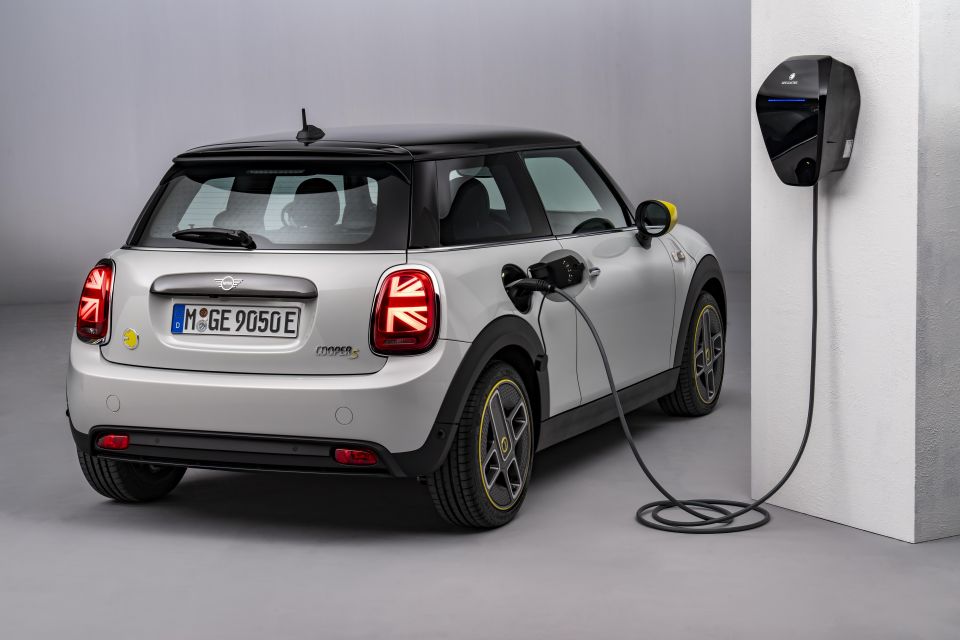
The private or corporate EV subscription plans package a vehicle from AGL’s EV pool, a charger, insurance, roadside assist, maintenance, and six-monthly swap options. There’s a one-month Flexi plan, a three-month Starter plan, six-month Popular Plan, and 12-month Value Plan.
At entry pricing, the plan costs $235 per week for a Nissan Leaf or MG ZS EV; $270 for a Hyundai Ioniq; and $340 a week for a Tesla Model 3, Hyundai Kona or Kia Niro. The Leaf e+ longer-range and Mini Electric are also available (quotes not provided), and the Polestar 2 is promised to join soon.
The Mitsubishi Outlander PHEV is also included, from $270 per week.
As well as a potential future money-spinner it has the potential to get more people into EVs, as they (or their employers) work out how they’d live with a battery-powered car – without spending $50,000-plus on buying one.
AGL also announced last December it had joined Wilson Parking and the South Australian government (via a taxpayer grant) to put EV smart chargers in some public car parks.
“We know one of the biggest barriers to the adoption of EVs is the lack of charging infrastructure. We want to change the accessibility and see public chargers as common as filling up at a petrol station,” the company said at the time.
AGL bills itself as Australia’s biggest electricity generation company, accounting for about 20 per cent of the national electricity market. Its network includes coal and gas-fired generation, plus renewable energy sources like wind, hydro and solar, and batteries.
MORE: Australian government co-funds rollout of 400 public EV charge points MORE: What electric vehicle buyer incentives are offered around Australia? MORE: MG Australia selling electric vehicle chargers at dealerships

Damion Smy
5 Minutes Ago
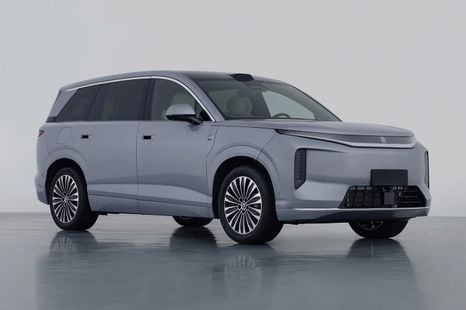

William Stopford
18 Minutes Ago
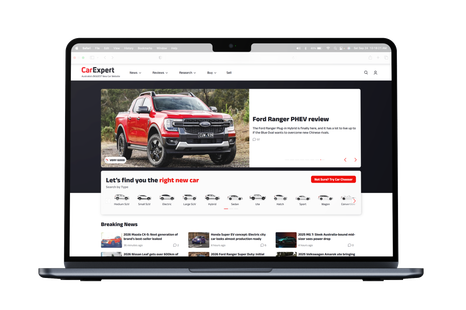

CarExpert
2 Hours Ago
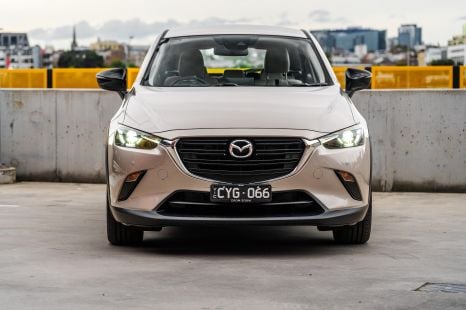

William Stopford
2 Hours Ago
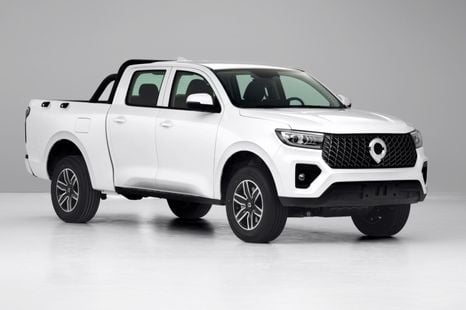

Damion Smy
3 Hours Ago
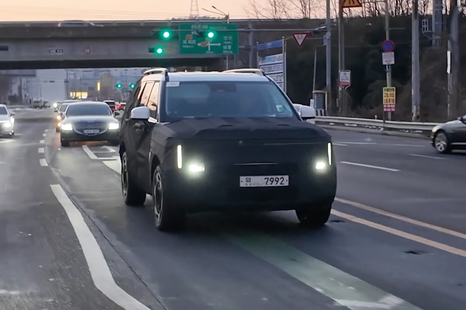

William Stopford
4 Hours Ago
Add CarExpert as a Preferred Source on Google so your search results prioritise writing by actual experts, not AI.